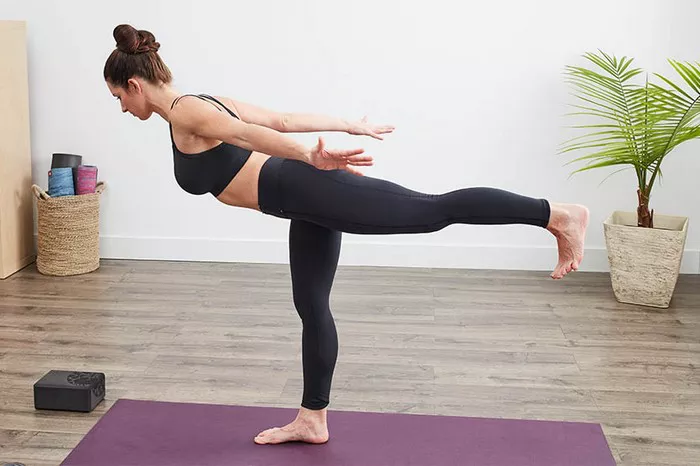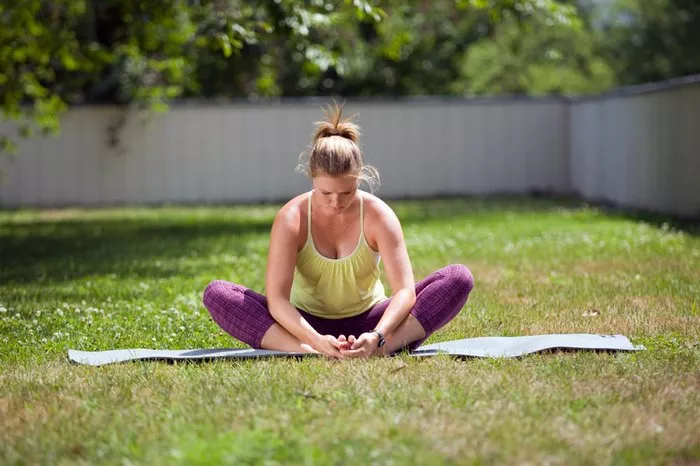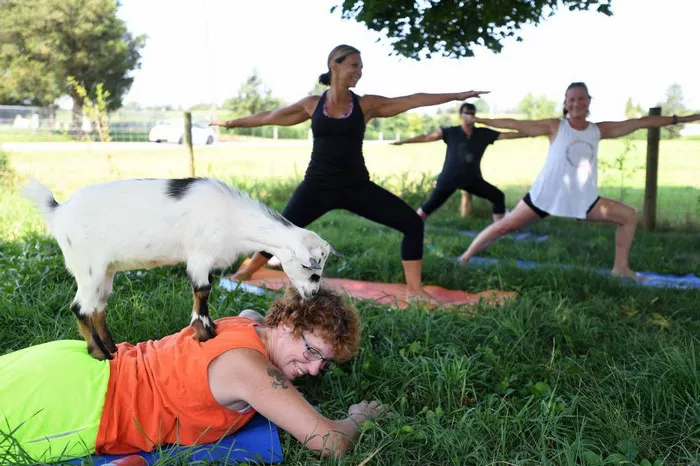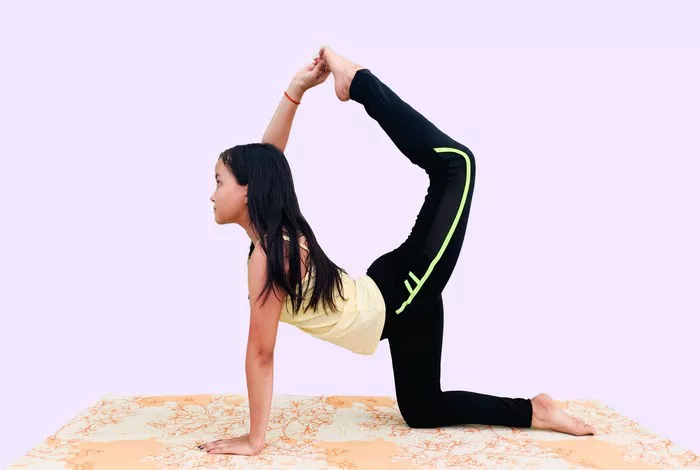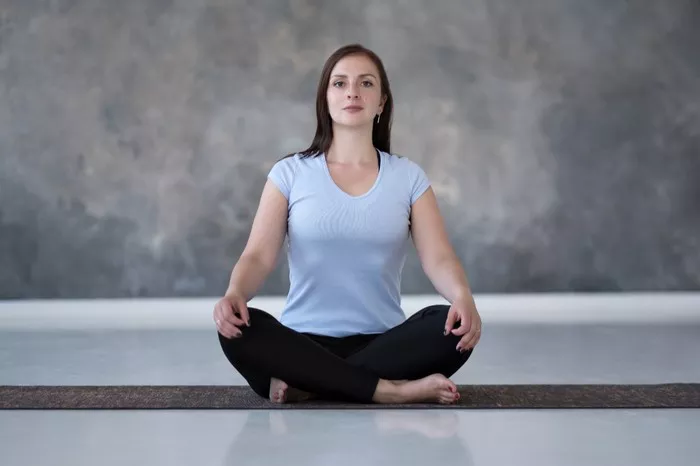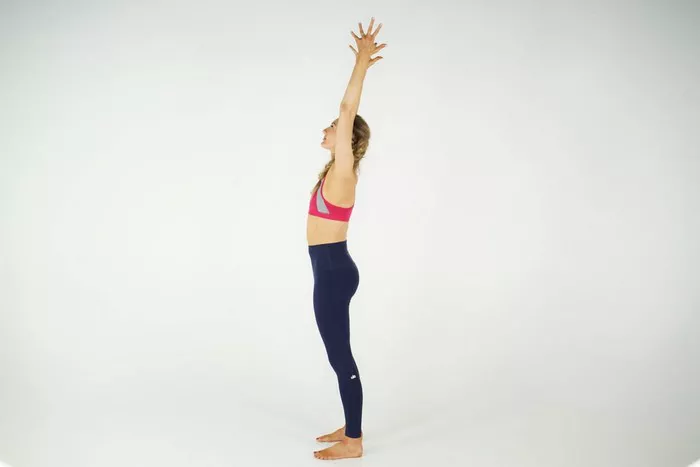In today’s fast-paced world, finding moments of calm amidst the chaos is essential for maintaining mental and emotional well-being. One effective way to achieve this is through the practice of yoga meditation. In particular, dedicating just 15 minutes to this practice can yield significant benefits. In this article, we delve into the intricacies of 15-minute yoga meditation, exploring its techniques, tips for beginners, and how to integrate it into daily life.
Understanding 15-Minute Yoga Meditation
Yoga meditation is a holistic practice that combines physical postures (asanas), breath control (pranayama), and meditation techniques to cultivate a sense of inner peace and harmony. The purpose of meditation in yoga is to quiet the mind, increase self-awareness, and ultimately, attain a state of profound relaxation and clarity.
The concept of a 15-minute yoga meditation session may seem brief, but its impact can be profound. Within this short timeframe, individuals can experience a range of benefits, including stress reduction, improved focus, enhanced emotional resilience, and a greater sense of overall well-being.
Essential Techniques for 15-Minute Yoga Meditation
Set an Intention: Begin each meditation session by setting a clear intention or purpose. Whether it’s to cultivate gratitude, find inner calm, or let go of negativity, clarifying your intention can guide your practice and focus your mind.
Find a Quiet Space: Choose a peaceful environment free from distractions where you can comfortably sit or lie down. Creating a serene space helps promote relaxation and minimizes external disturbances.
Practice Deep Breathing: Start by focusing on your breath, inhaling deeply through the nose and exhaling slowly through the mouth. Pay attention to the sensation of each breath as it fills your lungs and grounds you in the present moment.
Mindful Body Scan: Take a few moments to scan your body from head to toe, noticing any areas of tension or discomfort. With each breath, consciously release any tension you may be holding, allowing your body to soften and relax.
Engage in Mantra Meditation: Incorporate the repetition of a mantra or affirmations to quiet the chatter of the mind. Choose a word or phrase that resonates with you and silently repeat it with each breath, allowing it to anchor your focus and cultivate inner stillness.
Practice Mindfulness: Cultivate mindfulness by observing your thoughts without judgment or attachment. Instead of getting caught up in the stream of thoughts, simply acknowledge them and gently redirect your focus back to your breath or chosen point of concentration.
Conclude with Gratitude: End your meditation practice with a moment of gratitude, acknowledging the blessings in your life and expressing appreciation for the present moment. Cultivating gratitude can shift your perspective and foster a greater sense of contentment and joy.
Tips for Beginners
Start Small: If you’re new to meditation, begin with shorter sessions, such as 5 or 10 minutes, and gradually work your way up to 15 minutes as you build consistency and confidence.
Be Patient: Meditation is a skill that requires practice and patience. Be gentle with yourself and avoid getting frustrated if your mind wanders or if you find it challenging to maintain focus initially.
Experiment with Different Techniques: Explore various meditation techniques, such as guided visualization, loving-kindness meditation, or body scan meditation, to find what resonates best with you.
Stay Consistent: Establish a regular meditation routine by carving out time each day for your practice. Consistency is key to experiencing the full benefits of meditation.
Seek Support: Consider joining a meditation class or community, or utilizing meditation apps or online resources for guidance and support on your journey.
Integrating 15-Minute Yoga Meditation into Daily Life
Despite busy schedules and competing priorities, integrating 15-minute yoga meditation into daily life is achievable with a few simple strategies:
Create a Morning Routine: Kickstart your day with a short meditation session to set a positive tone and cultivate a sense of calm and clarity before diving into your daily activities.
Take Breaks Throughout the Day: Use brief breaks throughout the day to sneak in a quick meditation session, whether it’s during your lunch break, between meetings, or before bed. These mini-meditation breaks can help reset your mind and recharge your energy.
Prioritize Self-Care: Recognize the importance of prioritizing self-care and carving out time for your mental and emotional well-being. Treat your meditation practice as a non-negotiable aspect of your self-care routine.
Be Flexible: While consistency is essential, be flexible and adaptable in your approach to meditation. Life is unpredictable, and there may be days when a longer session is not feasible. Embrace the opportunity to adjust your practice to suit your current circumstances.
Conclusion
15-minute yoga meditation offers a convenient and effective way to incorporate mindfulness and relaxation into your daily routine. By committing to regular practice and exploring various techniques, individuals can experience profound benefits for their mental, emotional, and spiritual well-being. Whether you’re a seasoned practitioner or a beginner, embrace the transformative power of 15-minute yoga meditation and discover the peace and tranquility that lie within.


